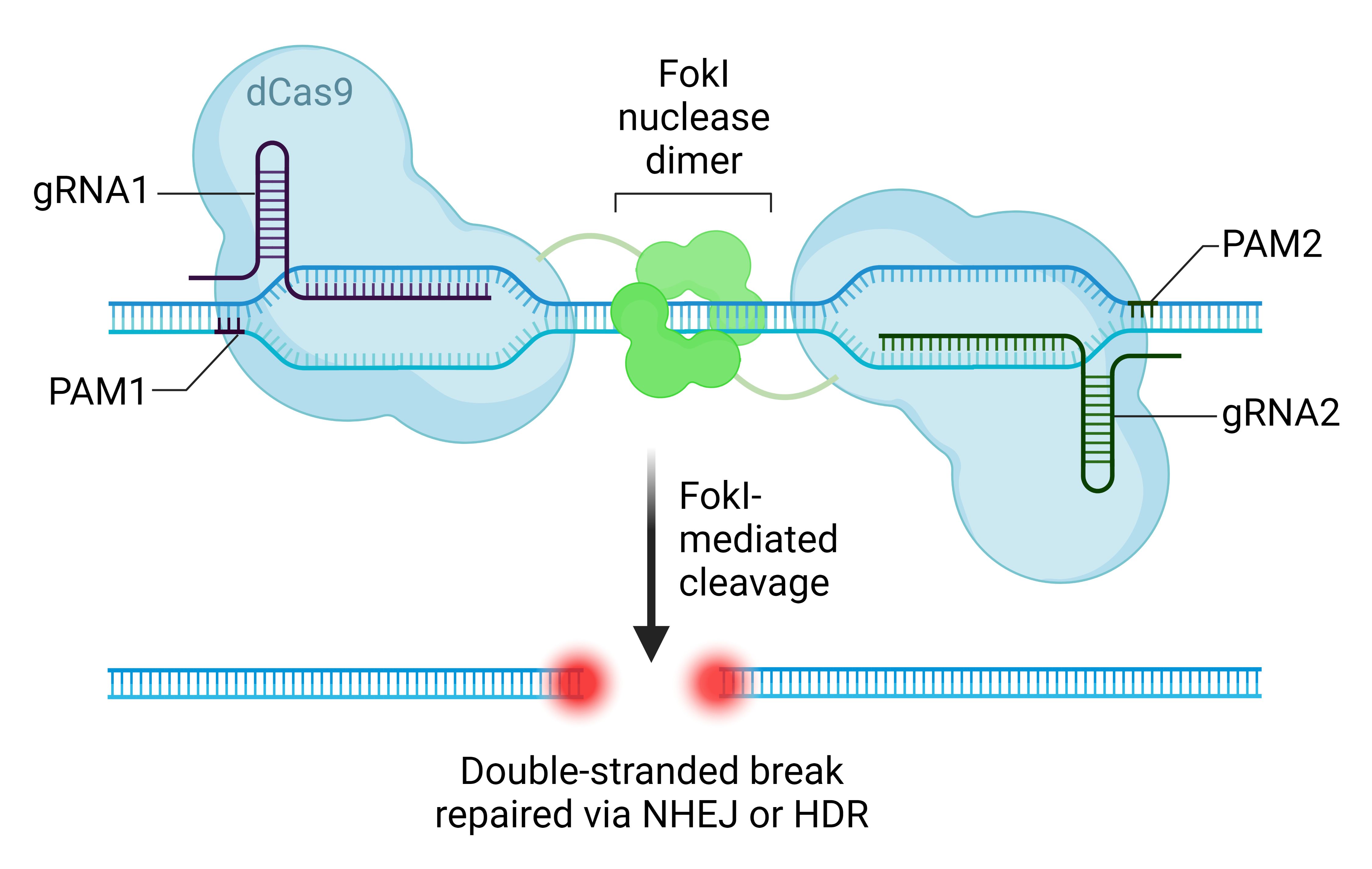Gene editing CRISPR has emerged as one of the most revolutionary tools in modern medicine, enabling scientists to modify the very blueprint of life. This groundbreaking technology presents remarkable possibilities, particularly in the quest for a sickle cell cure, where genetic alterations can alleviate suffering for countless patients. However, as we delve into the benefits of CRISPR technology, we must also confront the complex ethics of gene editing, questioning whether we have the right to make such profound changes to our biology. The potential risks of gene editing are substantial, raising concerns about unforeseen genetic consequences and the implications for health equity across diverse populations. As we explore the promises and pitfalls of gene editing, it becomes imperative to navigate the delicate balance between innovation and ethical responsibility.
The science of genetic modification, particularly through advanced techniques like CRISPR, is transforming how we approach hereditary diseases and health conditions. This novel approach opens doors not just for life-saving treatments but also invites debates over the moral and societal implications of altering genetic traits. With potential applications ranging from curing hereditary disorders to enhancing human capabilities, the conversation extends into critical issues surrounding equity in healthcare access and the supervision of genetic advancements. The dialogue around gene alteration compels us to consider who benefits from these technologies and how innovations impact diverse communities, thus emphasizing the need for ethical frameworks that guide the responsible use of gene editing. Ultimately, the interplay between scientific progress and the human experience forms the crux of our exploration into the multifaceted world of genetic editing.
The Promise of CRISPR Technology in Medicine
CRISPR technology holds immense promise in revolutionizing medical treatments, particularly for genetic disorders such as sickle cell disease. By allowing precise alterations to an individual’s DNA, CRISPR empowers scientists to target the root causes of diseases. In the case of sickle cell, the technology enables the modification of somatic cells to correct the defective gene responsible for this painful condition. The potential outcomes could be life-changing for the approximately 100,000 individuals in the U.S. currently living with sickle cell, offering them a chance at a healthier life free from debilitating symptoms.
Moreover, the ability to edit germline cells presents a paradigm shift in medicine, as it can lead to the eradication of certain genetic diseases before birth. This posits a foundational question about human genetics: how far should we go in altering our genetic makeup? The breakthroughs facilitated by CRISPR technology beckon us to weigh not just the scientific and medical benefits, but also the broad ethical implications intertwined with genetic modification.
Frequently Asked Questions
What is CRISPR technology and how does it relate to gene editing?
CRISPR technology is a revolutionary gene editing tool that allows scientists to precisely modify DNA within organisms, including bacteria, plants, and animals. It enables the editing of somatic and germline genes, offering potential cures for genetic diseases such as sickle cell anemia, while raising important ethical considerations about the implications of altering human genetics.
What are the ethical concerns surrounding gene editing CRISPR?
The ethics of gene editing CRISPR raise critical questions about the morality of altering human genes, particularly in cases like Down syndrome or non-life-threatening conditions. The potential for discrimination, health inequity, and the risk of creating ‘designer babies’ prompts ongoing discussions about who should control and regulate the use of this powerful technology.
Can CRISPR technology cure sickle cell disease?
Yes, CRISPR technology has shown promise in curing sickle cell disease by editing the genes responsible for producing abnormal hemoglobin. By utilizing gene editing techniques, medical researchers can eliminate or alter the faulty genes in patients, providing a potential cure and greatly improving the quality of life for those affected by this condition.
What are the risks involved with CRISPR gene editing?
Gene editing risks associated with CRISPR include off-target effects, where unintended parts of the genome are altered, possible long-term health consequences, and unknown interactions between edited genes and other biological systems. These risks highlight the need for thorough research and ethical oversight before widespread application of CRISPR technology.
How does CRISPR technology impact health equity?
The advent of CRISPR technology poses significant health equity concerns, especially given its high costs and accessibility. For instance, while the sickle cell cure via CRISPR may benefit a select few, there are fears that individuals in underserved communities, both domestically and globally, may be left behind, exacerbating existing disparities in healthcare access and outcomes.
| Key Points | |
|---|---|
| Introduction of CRISPR technology and its capabilities. | CRISPR allows editing both somatic and germline genes to potentially cure diseases like sickle cell anemia. |
| Ethical considerations and dilemmas posed by gene editing. | Questions arise regarding altering genes for conditions deemed non-pathological, like Down Syndrome. |
| Economic implications of gene editing. | The high cost of CRISPR-based cures raises concerns about accessibility and equity in healthcare. |
| Impact of genetic modifications on human variation. | Modifications could alter human traits, raising questions about parental rights in choosing attributes for children. |
| Regulatory and oversight challenges. | Risk of unregulated gene editing in countries with less stringent laws, leading to potential misuse or harmful consequences. |
| Potential unintended consequences of gene editing. | Changes in genes may have broader implications than anticipated, affecting various bodily functions. |
Summary
Gene editing CRISPR has emerged as a groundbreaking technology in modern medicine, offering potential cures for genetic diseases such as sickle cell anemia. However, the discussion surrounding it brings forth significant ethical dilemmas regarding the modification of human traits, healthcare equity, and the role of parental choice in genetic selection. As we explore the promise and peril of CRISPR, it is crucial to consider not only the scientific advancements but also the moral implications and potential societal impact of altering our genetic makeup.
